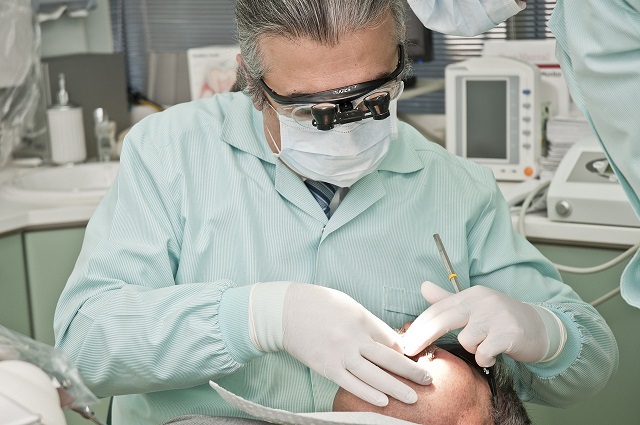
Laser dentistry is a minimally invasive approach that uses laser technology to perform a variety of dental procedures, such as cavity detection, gum treatment, teeth whitening, oral surgery, and pain management. You can read a more detailed post on this topic here.
While generally safe and effective, laser dentistry may not be suitable for everyone or every dental issue. Before deciding on treatment, it’s essential to consider the following advantages and disadvantages.
Advantages of Laser Dentistry
- Precision and Accuracy Laser dentistry offers exceptional precision, allowing dentists to target specific areas without affecting the surrounding tissues. This precision is especially beneficial in procedures like cavity removal, where lasers can remove decay with minimal impact on healthy tooth structure.
- Reduced Pain and Discomfort Many patients find laser treatments to be less painful than traditional methods. Lasers often reduce the need for drills and other invasive tools, which can lead to a more comfortable experience. This can also minimize the need for anesthesia in some cases.
- Faster Healing Time Lasers can promote faster healing and recovery by minimizing tissue damage and reducing bleeding. The laser’s ability to sterilize the treatment area can also lower the risk of infection and speed up the healing process.
- Minimal Bleeding Laser dentistry is known for its ability to perform procedures with minimal bleeding. The laser helps to coagulate blood vessels as it cuts, which can make the procedure cleaner and more efficient.
- Versatility Lasers are versatile tools that can be used for a variety of dental treatments, including soft tissue procedures (like gum reshaping) and hard tissue procedures (such as cavity preparation). This versatility makes them a valuable addition to a dentist’s toolkit.
Disadvantages of Laser Dentistry
- Laser equipment can be quite expensive, which may increase the overall cost of dental treatments.
- Not all dental issues or conditions can be treated with lasers. While lasers are effective for many procedures, some situations may still require traditional methods or additional treatments.
- Effective use of laser technology requires specialized training. Not all dentists may have the necessary skills or experience to use lasers to their full potential, which can impact the quality of the treatment.
- In some cases, patients may experience sensitivity after laser treatments, especially if the procedure involves soft tissues. While this is generally temporary, it can be uncomfortable for some individuals.
- Laser dentistry may not be suitable for every patient or every condition. For example, certain types of cavities or complex dental issues may require traditional approaches to ensure the best outcome.
Conclusion
Laser Dentistry may not be the right choice for everyone, as its effectiveness depends on the specific treatment and the patient’s individual needs. By understanding both the advantages and disadvantages of laser dentistry, you can make a more informed decision about your dental care and work with your dental provider to achieve the best possible outcomes.
Is laser treatment good for teeth?
Yes, laser treatment can be effective for various dental procedures. It offers precision, minimizes discomfort, reduces bleeding, and often speeds up recovery times compared to traditional methods.
What are the disadvantages of laser dentistry?
Lasers are more cost effective than traditional procedures and they cannot be used for all procedures. Dentists need specific training to use lasers effectively, which may impact the treatment quality if not properly managed.
Can laser damage gums?
They are very safe and effective when performed by well trained and experienced dentists. However, improper use or high settings can cause damage to gums.